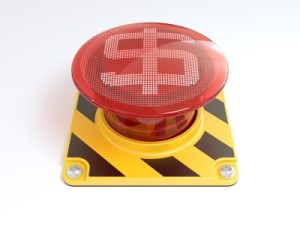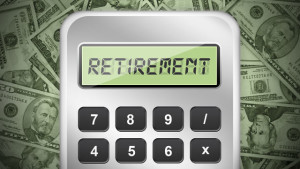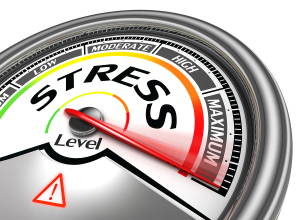 Today’s top story: How to build an emergency fund. Also in the news: Social Security mistakes to avoid, the best way to save for a down payment on a home, and what happens when your 401(k) gets too big?
Today’s top story: How to build an emergency fund. Also in the news: Social Security mistakes to avoid, the best way to save for a down payment on a home, and what happens when your 401(k) gets too big?
How to Build an Emergency Fund
Creating a financial buffer.
Don’t Make These 3 Social Security Mistakes
Social Security isn’t one size fits all.
The best way to save for a down payment
Where you should keep your money before making a purchase.
Can your 401(k) account be too big?
How to avoid penalties and extra taxes.
Best Leap Day Sales and Deals of 2016
It only happens once every four years!
 Today’s top story: Why Millennials fear filing taxes online. Also in the news: Using the 4% Rule to determine when you can retire, tips for doing your own taxes, and five things you should never do with your 401(k).
Today’s top story: Why Millennials fear filing taxes online. Also in the news: Using the 4% Rule to determine when you can retire, tips for doing your own taxes, and five things you should never do with your 401(k). Today’s top story: The credit card mistakes you make every year. Also in the news: How to make a stress-free loan to your adult kids, how to bounce back from a financial setback, and the questions you should ask your employer about your 401(k).
Today’s top story: The credit card mistakes you make every year. Also in the news: How to make a stress-free loan to your adult kids, how to bounce back from a financial setback, and the questions you should ask your employer about your 401(k).  Today’s top story: What you need to know about a potential interest rate hike. Also in the news: An education tax credit that could save you $2500, how to save money on your next vacation, and how to calculate how much you’ll lose by cashing out an old 401(k).
Today’s top story: What you need to know about a potential interest rate hike. Also in the news: An education tax credit that could save you $2500, how to save money on your next vacation, and how to calculate how much you’ll lose by cashing out an old 401(k).
